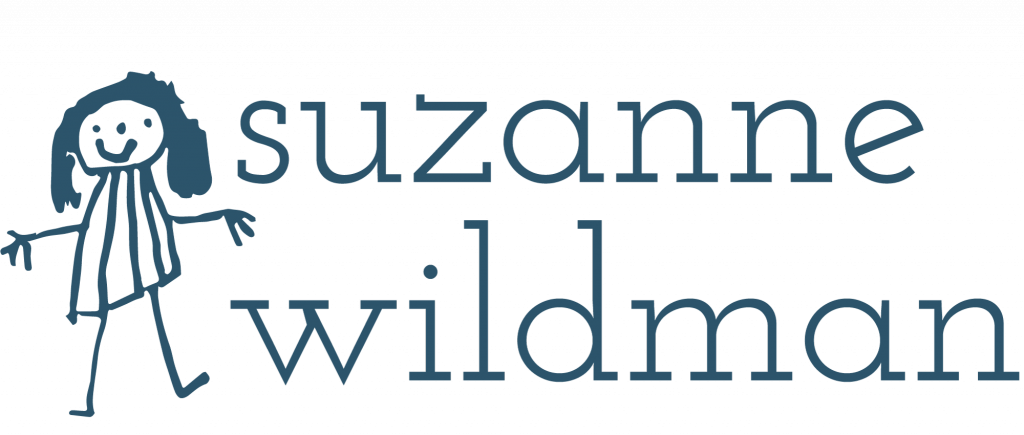 First Things First: To Live, to Love, to Learn, to Leave a Legacy by Stephen R. Covey; A. Roger Merrill and Rebecca R. Merrill. New York: Simon and Shuster, 1994. 373 pp. $14.00.
First Things First: To Live, to Love, to Learn, to Leave a Legacy by Stephen R. Covey; A. Roger Merrill and Rebecca R. Merrill. New York: Simon and Shuster, 1994. 373 pp. $14.00.
Time is such a precious commodity. How often do we view it as the enemy? How often do we feel as if we’re on a treadmill and don’t know how to get off? Do we even pause to reflect on whether we are spending our time on what’s most important to us? How often have you resolved that if you could just get organized life would feel more relaxed and purposeful? Alternatively, are you proud of accomplishing tasks faster and more efficiently but still experiencing some gut-level dissatisfaction with your life?
Stephen Covey, Rebecca, and Roger Merrill challenge us in First Things First to rethink the way we live our lives. In their opinion most time management systems emphasize prioritizing, planning, and preparation. The authors see merit in the resulting techniques but argue that such systems share a critical flaw: they skip over the preliminary need to assess whether existing priorities are in alignment with time-honored principles. They use the analogy of climbing a ladder to illustrate their point: the speed and competence of the climbing is irrelevant if the ladder is leaning against the wrong wall. We must find the right wall before we begin to climb.
Covey and the Merrills encourage us to envision reflecting on our life from the perspective of our deathbed. It is a sobering thought. But it certainly helps you get in touch with what’s crucial to you. Instead of being governed by the crises, urgent demands, pressing problems, and deadlines with which each day seems to be filled, a personal vision of the ultimately important enables us to focus on the non-urgent but ultimately more meaningful aspects of life. They contend that people who concentrate on relationship building, clarifying values, and true personal re-creation are likely to be more passionate about the direction of their lives and more confident about how to make their unique contribution to the world. These people live more abundantly, are more open to growing from life’s experiences, and are more willing to take risks. It is like a large jar of water into which you need to place a few large rocks and a lot of sand and tiny pebbles. If you put the sand and small pebbles into the water first then the few large rocks don’t fit. But if you put the big rocks in first and then fill the remainder with sand then everything fits. In the same way, greater fulfillment follows when we take care of the most significant things first and fill in the gaps with smaller tasks.
Covey is an internationally respected authority in leadership as well as chairman and founder of the Covey Leaership Center. His book The 7 Habits of Highly Effective People has sold more than 6 million copies and has been translated into 28 languages. Roger Merrill is well known in time management and leadership development. Rebecca Merill is an accomplished writer who has served in numerous leadership positions in community, education, and women’s organizations. Out of this vast experience the authors offer many practical suggestions for implementing their advice. Keeping our various needs (physical, mental, social, and spiritual) in balance is critical and a periodic inventory exercise can help us to check on how well balanced they are. Having a “perhaps” list rather than an unending “to do” list frees us from the guilt and disappointment of not achieving everything and gives us a new perspective of choice about how we will spend our time. Using our imagination can help us to see ways of combining tasks associated with diverse roles and goals. And having a big picture (on the scale of a week, for instance) helps us to keep the daily round of tasks in focus.
Although the book is quite long, it is powerful. Its common-sense approach is appealing because everyone wins. You grow personally, you make a contribution to those around you, and the society at large profits too. You can have a significant impact on the world if you operate within your sphere of influence. Most exciting of all is seeing the benefits of making time your friend and thereby living a more fulfilled life.
